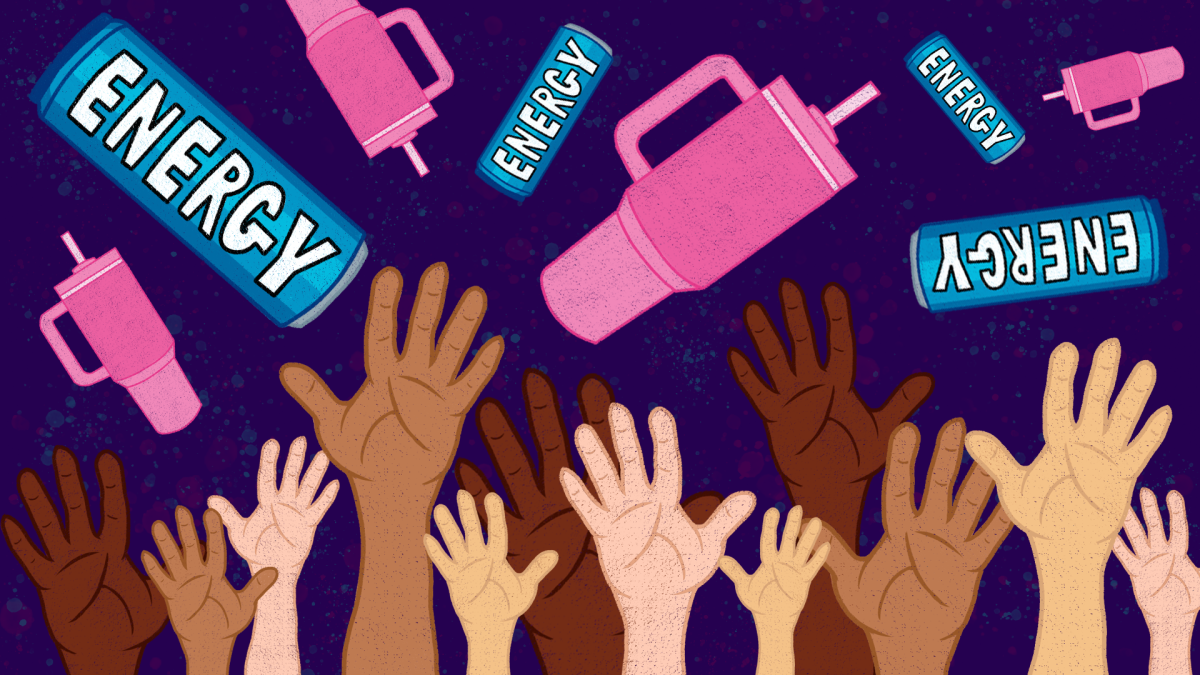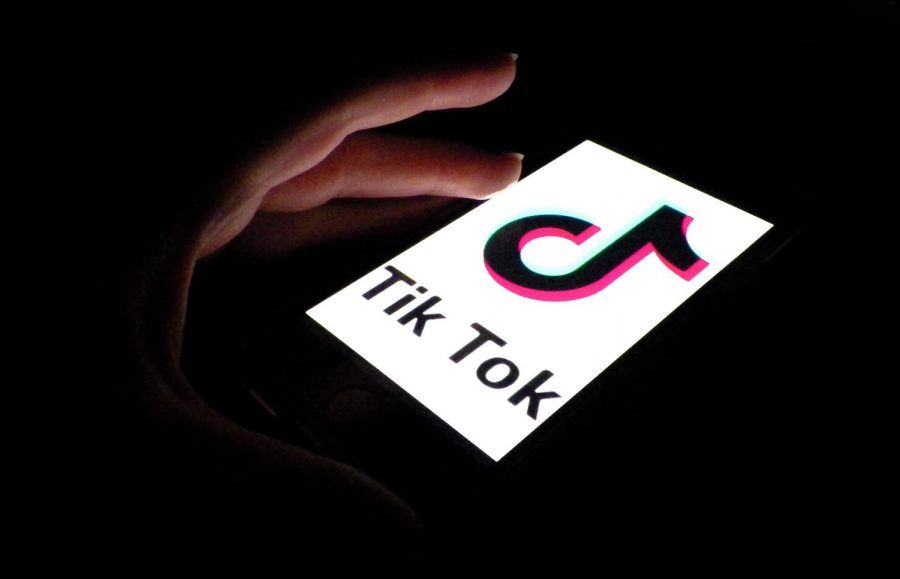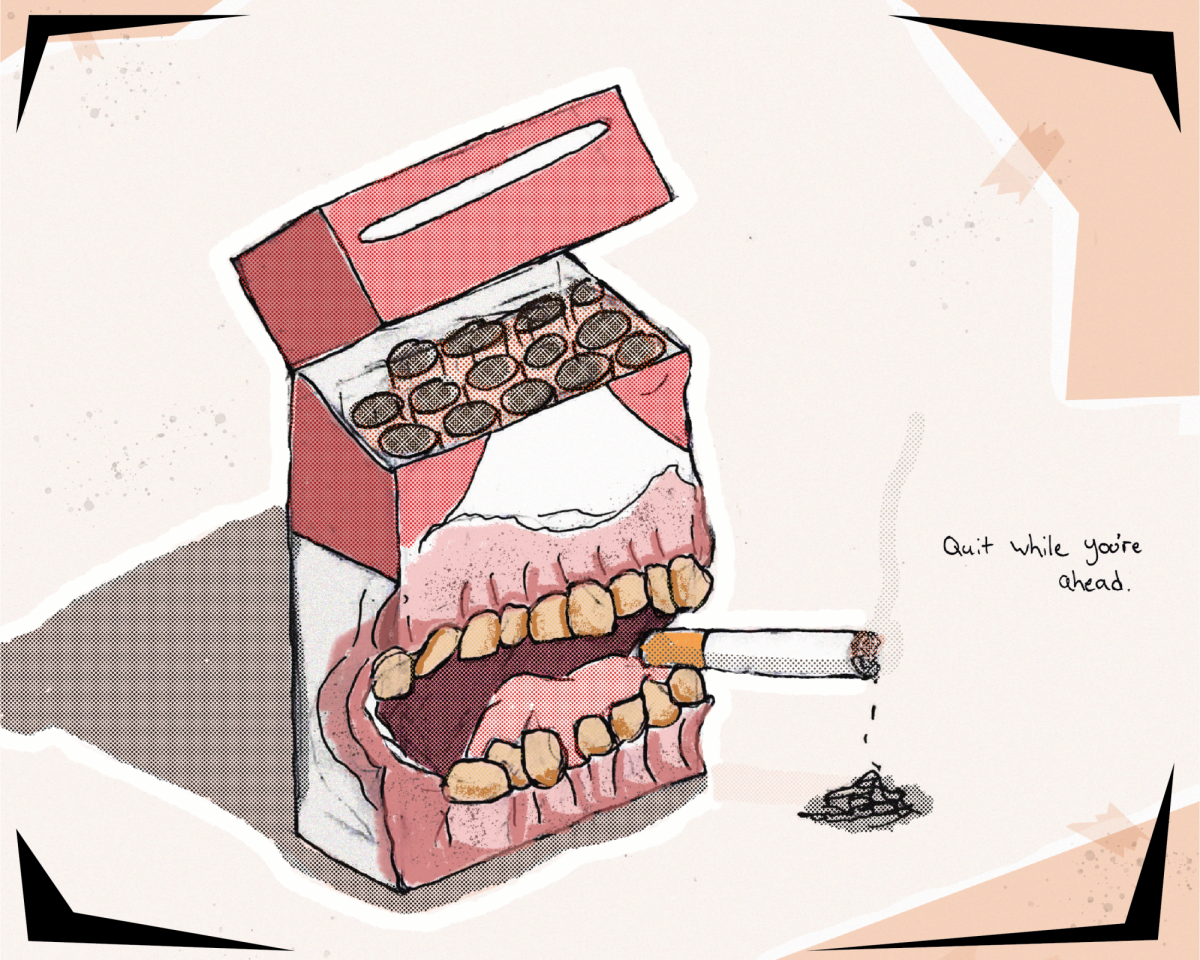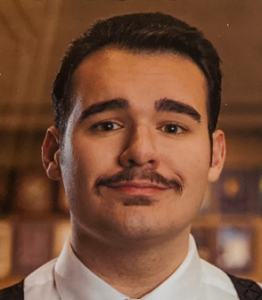In the last few decades, many Western nations have grappled with the issue of tobacco addiction. Despite widespread public efforts, like those seen in Aotearoa, or New Zealand, where plans to ban tobacco generationally were recently repealed, tobacco addiction remains a serious issue. This policy would have saved countless lives and billions of dollars. Despite these benefits, and to the dismay of public health experts, the newly elected Luxon administration repealed the plan.
Circumstances in the United States are similar. While our centuries-old love for tobacco has diminished over time, millions of Americans experience tobacco addiction.
Despite some progress, meaningful attempts to curtail tobacco usage are still few and far between, overshadowed by the tobacco industry’s influence on American lawmakers.
For the sake of future generations and our environment’s health, we need to abolish the tobacco industry’s stranglehold on the United States.
The Damage Tobacco Inflicts
For the last 60 years, the harmful health effects associated with tobacco usage have been widely known. Besides lung disease, tobacco can cause cancer in almost every part of your body. Around 8 million people a year die due to complications brought on by smoking or being exposed to second-hand smoke. Similar health risks are also associated with smokeless forms of tobacco, like chewing tobacco and snuff.
Of course, most people have the general understanding that tobacco is harmful to one’s health. However, tobacco does far more than many may anticipate. For example, tobacco usage poses various environmental hazards.
Nearly 800,000 metric tons of cigarette butts and almost 900,000 e-cigarette cartridges are littered alongside American roads and waterways each year. These massive trash deposits into the environment expose wildlife and humans to various toxic chemicals.
Additionally, the production of tobacco products also requires massive swaths of land, leading to deforestation. On the whole, the tobacco industry emits around 84 million tons of carbon alongside other harmful substances annually.
While the environmental costs alone warrant action, tobacco is also detrimental to our economy. In 2018, the tobacco industry cost Americans $600 billion in medical expenses and lost productivity. With consumer goods and housing prices in Utah consistently rising, tobacco addiction may begin to detriment lower-income communities even more than it does now.
The Injustice of Tobacco
While Utahns, on average, lose the lowest amount of income to tobacco annually, tobacco addiction disproportionately affects vulnerable communities. One can credit this trend to the tobacco industry’s deliberate targeting of low-income, minority communities. Commercial tobacco has historically and presently focused its efforts on maintaining strict control of African-American and Native American neighborhoods. In African American communities, for example, one can expect to see up to ten times more tobacco adverts than one would see in other communities.
More worryingly, however, is tobacco’s long history of targeting children and teens, who, in the industry, are called replacement smokers.
Today, around 90% of those dealing with tobacco addiction started smoking by the age of 18.
Young people develop dependencies on tobacco far more quickly than adults, which tobacco companies take advantage of by promoting products with masking flavorings.
Additionally, tobacco companies encourage retailers, like their largest, Walmart, to keep their display cases at “kid height” to entice future customers. It shows extraordinary shamelessness even to consider such a tactic. Ironically enough, for a party obsessed with grooming, Republicans vote for pro-tobacco policy three times more than Democrats.
The Solution
Throughout American history, broadly banning normalized substances, like alcohol, has been difficult, if not impossible. However, the policy that past administrations of Aotearoa and now the United Kingdom bypasses the problems of quitting cold turkey.
However, there are some issues that we would need to overcome. Firstly, the marginalized groups already pressured into tobacco addiction need help now. As Māori leaders in Aotearoa express, addressing this issue is a step in the right direction, but many still suffer in their communities. The same is true in the United States. We must take the healthcare of those in need seriously for the best results.
Furthermore, as stated before, tobacco companies target the youth, so some affected by a generational ban may already be smoking. We need to cut children off from their ability to get tobacco and to do that, we need to eliminate the tobacco industry’s right to them.
Despite other nations’ failure to pass generational bans on tobacco, the policy is there. The tobacco industry enslaves millions of Americans and their children, and we cannot allow them to continue to profit from our suffering any longer. The earth, too, suffers from our unwillingness to act against the greedy and voracious.
We need to leave tobacco in the past.



















